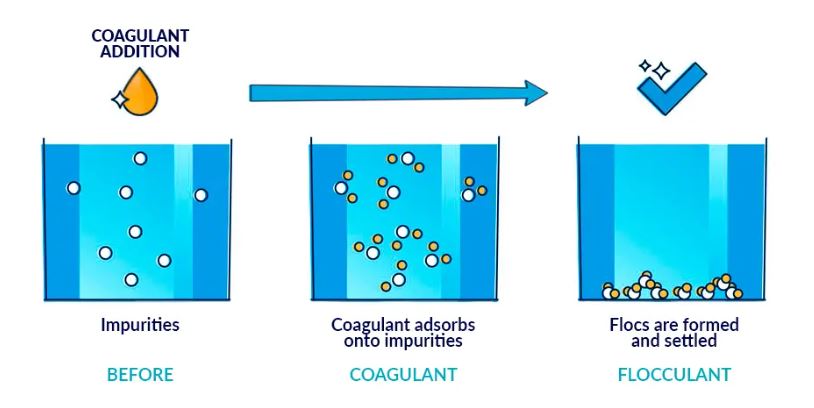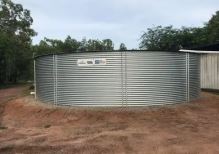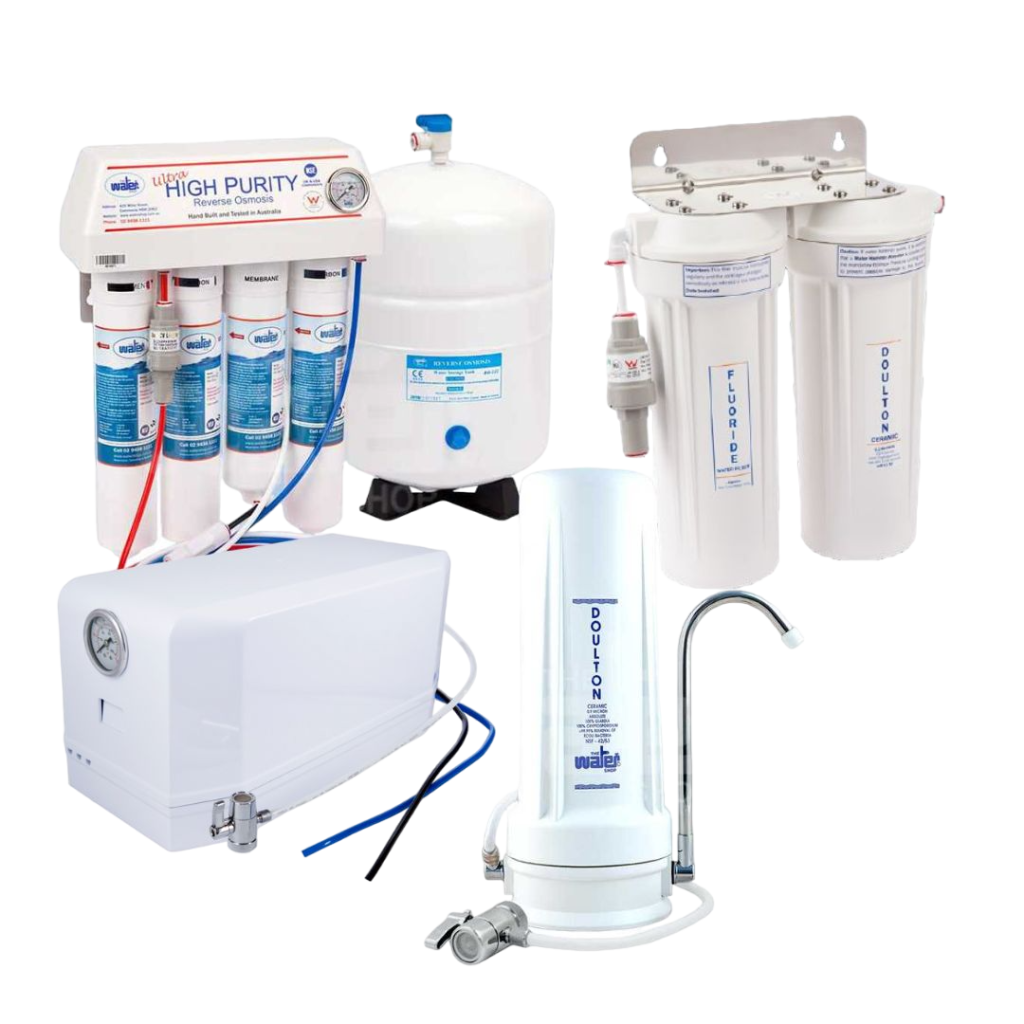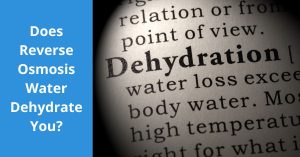
Darwin Tap Water—Your Guide to Water Filters
When it comes to staying hydrated and healthy, water quality is as important as quantity. If you’re living in or visiting Darwin, you might be wondering about the safety and quality of the tap water. Is it safe to drink? Is it hard or soft? And what’s the best way to ensure your water is as clean and refreshing as possible? In this guide, I will walk you through all the essential information about Darwin’s tap water and demonstrate how a home water filtration system can significantly improve its quality.
Is it Safe to Drink the Tap Water in Darwin?
Let’s start with the big question: is Darwin’s tap water safe to drink? The short answer is yes. Darwin’s tap water is treated and monitored to meet Australian Drinking Water Guidelines, which are some of the strictest in the world. The water undergoes rigorous testing for contaminants, bacteria, and other impurities to ensure it’s safe for consumption.
However, like any water supply, Darwin’s tap water isn’t perfect. Although the water is generally safe, some individuals may detect a subtle chlorine taste or odour from the disinfection process. Additionally, heavy rain during the wet season can sometimes affect water quality. Runoff from storms can introduce sediment and organic matter into the water supply, which might temporarily alter the taste or appearance of the water.
If you’re particularly sensitive to these changes or just want to be extra cautious, investing in a countertop water filter or an undersink water filter can provide an added layer of protection and improve the taste of your water.
Is Darwin Water Hard or Soft?
Now, let’s talk about water hardness. If you’ve ever noticed white spots on your glasses or a film on your shower doors, you’re likely dealing with hard water. Hard water contains higher levels of minerals like calcium and magnesium, which can build up over time and affect your appliances, plumbing, and even your skin and hair.
So, is Darwin’s water hard or soft? Darwin’s water is considered moderately hard. This means it has a noticeable mineral content, but it’s not extreme. While moderately hard water isn’t harmful to drink, it can leave deposits on your fixtures and reduce the efficiency of your appliances. If you’re concerned about the effects of hard water, a home water filtration system with a water softener or can help reduce mineral buildup and extend the life of your plumbing and appliances.
Where Does Darwin’s Tap Water Come From?
Darwin’s tap water primarily comes from the Darwin River Dam, which is located about 50 kilometres south of the city. This dam is the main source of drinking water for the region, supplying around 90% of Darwin’s water needs. The remaining 10% comes from groundwater sources, such as bore fields.

The water from the Darwin River Dam is treated at the Howard East Water Treatment Plant, where it undergoes a multi-step process to remove impurities, bacteria, and other contaminants. The treatment process includes coagulation, filtration, and disinfection to ensure the water is safe and clean before it reaches your tap.
Source: Fluidra.com (https://www.fluidra.com/projects/coagulation-in-water-treatment/)
One thing you might notice about Darwin’s tap water is its colour. Unlike some other regions, where the water might have a slight tint, Darwin’s tap water is typically clear and colourless. However, during periods of heavy rain, the water can sometimes appear slightly cloudy or have a faint brownish hue due to increased sediment and organic matter. This is usually temporary and doesn’t indicate a safety issue, but it’s something to be aware of.
The Influence of Heavy Rain on Tap Water
As I mentioned earlier, heavy rain can have a noticeable impact on Darwin’s tap water. During the wet season, which runs from November to April, Darwin experiences intense rainfall and occasional cyclones. This can lead to increased runoff, which carries sediment, leaves, and other organic material into the water supply.
Despite the design of the water treatment process to accommodate these fluctuations, the presence of extra sediment can occasionally cloud the water’s appearance or alter its taste. If you’re concerned about these seasonal changes, a countertop water filter or undersink water filter can help remove any remaining sediment and improve the overall quality of your water.
Where Is Darwin’s Water Stored?

Darwin stores its tap water in large reservoirs and tanks throughout the city after treatment. These storage facilities ensure a consistent supply of water, even during peak demand or maintenance periods. The water is then distributed through an extensive network of pipes to homes and businesses across the region. Regular monitoring and testing are conducted to maintain water quality and safety standards for all consumers. Additionally, the city has implemented water conservation initiatives to promote sustainable usage and protect this vital resource for future generations
Why Consider a Home Water Filtration System?

Despite the safety of Darwin’s tap water, many individuals opt for a home water filtration system to enhance their peace of mind. Whether you opt for a water filter countertop for its convenience or an under sink water filter for a more permanent solution, these systems can remove chlorine, sediment, and other impurities that might affect the taste or quality of your water.
Not only do water filters improve the taste and clarity of your water, but they can also reduce your reliance on bottled water, which is better for the environment and your wallet. Plus, if you’re dealing with moderately hard water, a filtration system with a built-in water softener can help protect your appliances and plumbing.
Why Clean Water Matters in Darwin
Darwin’s tap water is safe to drink and meets strict quality standards, but it’s not without its quirks. From the influence of heavy rain to the moderately hard water, there are plenty of reasons to consider a home water filtration system. Whether you choose a counter top water filter or an undersink water purifier, you’ll enjoy cleaner, better-tasting water and the confidence that comes with knowing your water is as pure as possible.
So, the next time you turn on the tap, take a moment to appreciate the journey your water has taken—and consider how a simple filter can make it even better.



